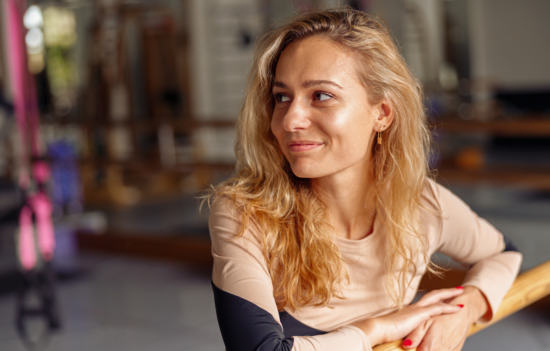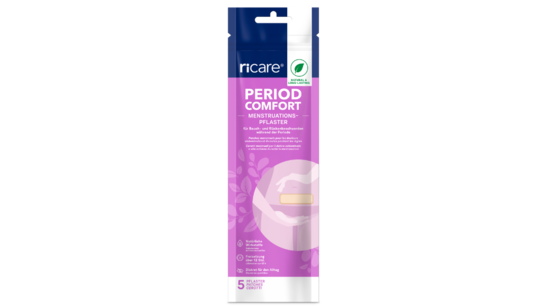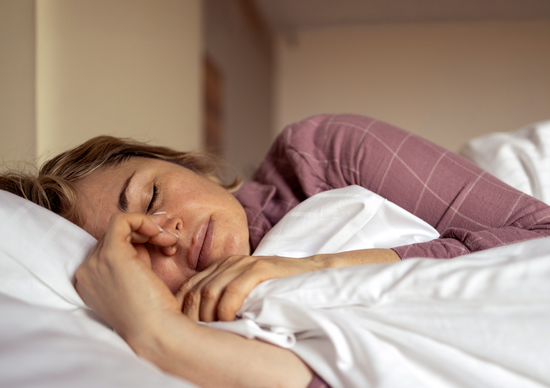Menstruation is a fascinating and natural process that showcases the remarkable workings of the female body. Despite its crucial role in women's health, menstruation is still surrounded by numerous misconceptions and taboos. This article explains how your period affects your body, what symptoms you may experience and how you can relieve them simply and effectively.

The menstrual period
A natural part of life
What is menstruation and how exactly does it affect the body?
Menstruation, also called your period, is the visible part of a complex process that occurs approximately every 25 to 31 days. During this process, the endometrium, which has thickened throughout the cycle, is shed if pregnancy does not occur. This process is controlled by hormones and is divided into several phases:
- The follicular phase: In the first few days of the cycle, the mucous membrane is expelled through menstruation, while the body begins preparing for the next ovulation.
- Ovulation: An egg is released from the ovary around the middle of the cycle, marking the most fertile phase.
- The luteal phase: In this phase, the mucous membrane continues to thicken. If the egg remains unfertilised, the cycle begins again.
Menstruation is a sign of a healthy body, ready to bring forth new life – an entirely natural process that should be free of taboos.
What are the symptoms?
Periods are perceived differently from person to person. Some experience them with virtually no symptoms, while others struggle. Common symptoms are:
- Menstrual cramps: Pain in the lower abdomen caused by uterine contractions.
- Headaches and migraines: Often triggered by fluctuating hormone levels.
- Pains in the back: These can radiate into the legs.
- Breast tenderness: A common sign of hormonal changes during the menstrual cycle.
- Mood swings: Hormones affect not only the body but also the mind.
- Fatigue and digestive problems: These, too, are typical symptoms of menstruation.
What can you do if you experience discomfort?
The good news is that there are many ways to relieve discomfort. In addition to conventional remedies such as hot water bottles and tea, there are now modern and practical alternatives. An overview:
- Heat: A hot water bottle or heat pad can help with cramps in the lower abdomen by increasing blood circulation and relaxing the muscles.
- Innovative transdermal patch: ricare® Period Comfort patches are a practical solution. In contrast to heat, they create a cooling or mildly tingling sensation, which calms the affected areas and provides targeted relief for cramps. The patches are discreet, chemical-free and can be used on the go – perfect for when you're travelling and for everyday use
- Gentle exercise: Yoga, walking or stretching can promote blood circulation and reduce pain.
- Diet: A balanced diet rich in magnesium, iron and vitamin B6 can help.
- Relaxation techniques: Meditation, breathing exercises or a warm bath have a calming effect on body and mind.
When should you seek medical advice?
Symptoms can sometimes point to underlying problems that should be medically investigated. These include:
- Very heavy bleeding or unusually long cycles.
- Extreme pain that severely impacts your daily life.
- Suspected conditions such as endometriosis, PCOS or fibroids.
A regular check-up with your gynaecologist will help you to better understand your cycle and identify any abnormalities at an early stage.
Natural patch for period pains
Discover ricare® Period Comfort patches, which provide natural and long-lasting relief from abdominal and back discomfort during your period.
Things to know about ricare®
The key essentials on the health topics covered by ricare®: Menopause, periods, sleep and headaches



